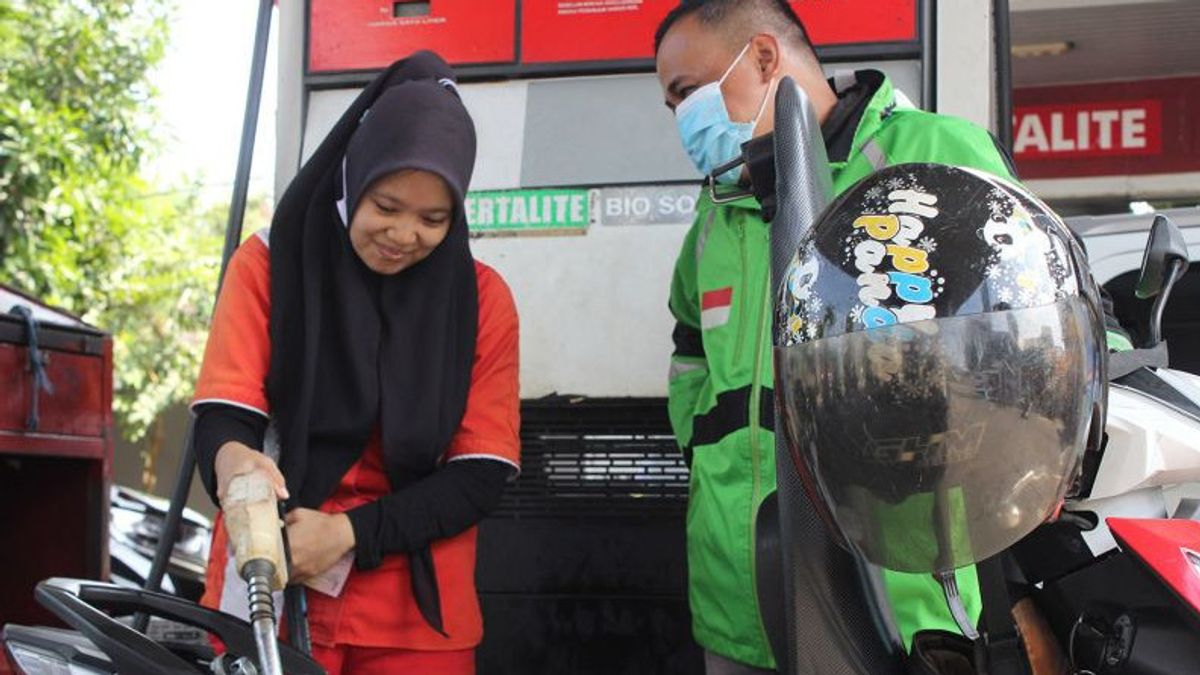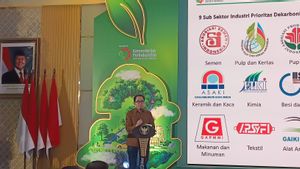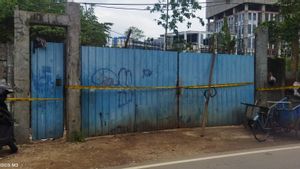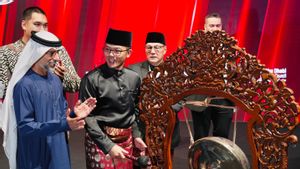JAKARTA - Member of the National Energy Council (DEN) Satya Widya Yudha stated that the final decision to increase the price of subsidized fuel oil rests with the Ministry of Finance because they know the ability of the State Budget to finance fuel subsidies.
"To respond to this additional fuel subsidy, we submit it to the Ministry of Finance, because they know the ability of the state budget to finance fuel subsidies. If the state budget is considered heavy, then the volume of subsidized fuel can be controlled through the Ministry of Energy and Mineral Resources," he said in a statement in Jakarta, quoted from Antara, Tuesday 23 August.
Satya explained that the basis for providing subsidies is Law Number 30 of 2007 concerning Energy. The regulation explains that energy subsidies must be well targeted.
Then, Law Number 6 of 2021 concerning the State Budget for the 2022 Fiscal Year Article 16 states that the fuel subsidy in the 2022 fiscal year will reach Rp. 206 trillion. Article 17 of this regulation regulates non-tax state revenues, so that when oil prices rise, state revenues from oil increase.
Referring to Presidential Regulation Number 69 of 2021 concerning the supply, distribution and retail selling price of fuel in Indonesia, Satya said in paragraph eight it was stated that subsidies were in accordance with the state's financial capacity.
In addition, the provision of subsidies also takes into account the purchasing power of the people and the national economy, so that fuel subsidies must reflect the state's financial capacity, pay attention to people's purchasing power, and must be right on target.
World oil prices are now experiencing a decline, even smaller than the assumption of the 2023 State Budget. However, Satya assesses that oil prices have quite high fluctuations, which causes the value of subsidies to fluctuate.
In 2022, the government set a fuel subsidy of IDR 502.4 trillion, consisting of energy subsidies of IDR 208.9 trillion and energy compensation of IDR 293.5 trillion.
Currently, there are only 6 million kiloliters of pertalite subsidy left from the 23 million kiloliters of subsidies that were agreed to until the end of 2022.
The government estimates that the amount of pertalite will run out in October 2022, so there is a need for an additional volume of subsidized fuel, including subsidies for diesel whose volume continues to increase.
"In accordance with Presidential Regulation Number 69, the provision of subsidies is determined by the Ministry of Finance because they know the power of the state budget. Volume regulation is carried out by the Ministry of Energy and Mineral Resources, not the Ministry of SOEs," said Satya.
DEN suggested two ways to the government so that the fuel subsidy is right on target, namely a closed distribution scheme using an application and providing direct cash assistance to people who really need it in order to maintain the purchasing power of the poor.
DEN already has a long-term strategy to reduce fuel imports, one of which is by accelerating the conversion of cars using electricity or gas fuel.
According to Satya, the conversion of electric cars or gas fuels is believed to reduce fuel consumption. He assessed that the current supply of electricity and gas fuel in Indonesia is more than adequate, which makes the two energies relatively unaffected by fluctuations in world oil prices.
In addition to reducing dependence on imported fuel, DEN also has a plan to increase the fuel mixture with the addition of biomass or biodiesel.
DEN also has a strategy to reduce LPG subsidies by increasing the amount of gas used through pipelines. Satya believes the increasing number of gas pipelines will reduce the consumption of LPG, most of which is still imported from imports.
In addition, Satya requested that the Ministry of Energy and Mineral Resources accelerate and promote the conversion of LPG stoves to electricity to reduce dependence on LPG imports considering that the electricity supply is sufficient and the calorie price of induction electric stoves is still cheaper than LPG.
"This conversion cannot be implemented in a short time, but it must all be carried out by the Ministry of Energy and Mineral Resources so that we do not depend on imported fuel and LPG. In the 2023 APBN, the fuel subsidy will be reduced to Rp. 360 trillion, although the figure is still large, but the reduction is also large," he said. Satya.
The English, Chinese, Japanese, Arabic, and French versions are automatically generated by the AI. So there may still be inaccuracies in translating, please always see Indonesian as our main language. (system supported by DigitalSiber.id)













